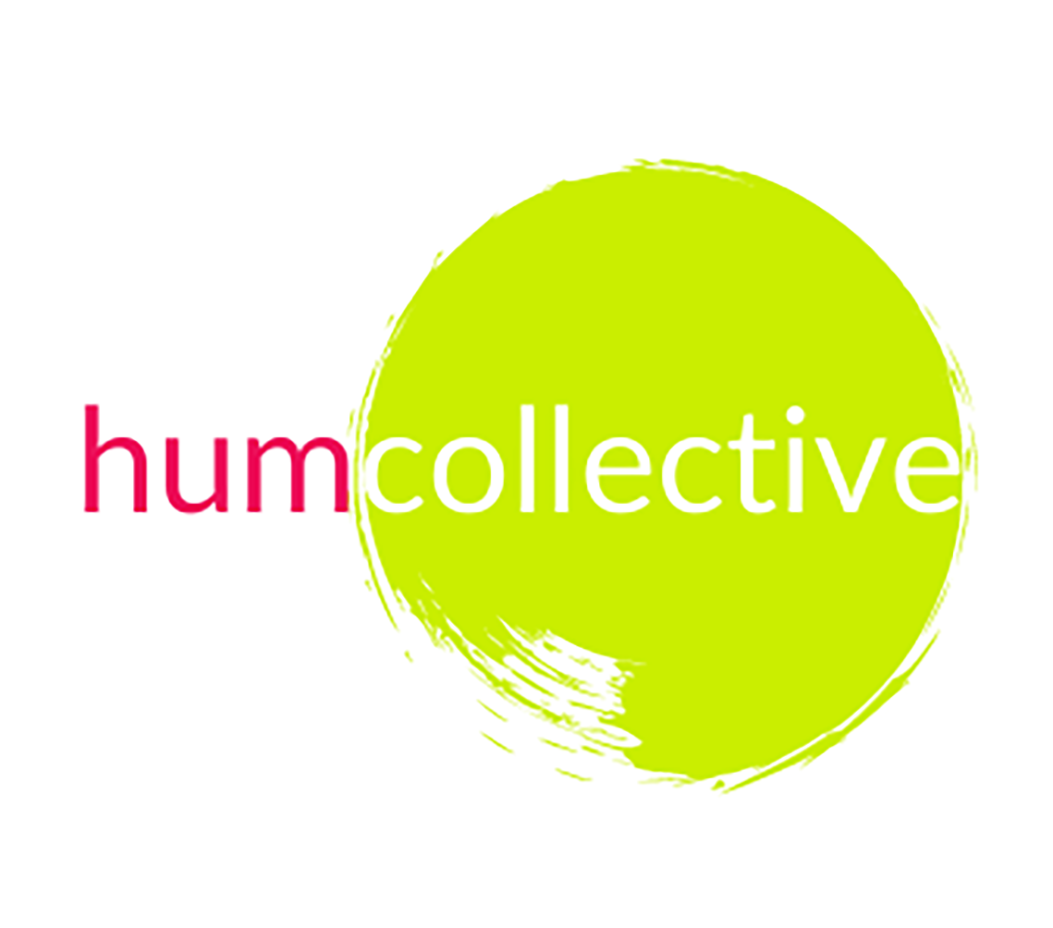The New Fundamental Skill in Leadership & Management
We see required and preferred skills across all job postings, providing clarity, relevance, and expectations to establish what companies value and prioritize within their workplace. I think it’s time for a revamped version of this list, and I know just the thing to add.
Tech companies across all industries, whether it’s software, hardware, telecommunications, e-commerce, or social media, focus on research, innovation, and development to contribute advanced and progressive solutions to consumers. And are subsequently in constant need for well-equipped employees.
The tech world is constantly changing, requiring resilient, efficient and innovative teams. It’s obvious that skills like innovative thinking and resilience are top of the list when recruiting, hiring and training new employees. Beyond this, skills like general technical ability, project management, intra/inter team communication, how to give helpful status reports, among many others are regarded as necessary and valuable skills, as they are seen as foundational to a productive teammate.
But what might be problematically missing from this list?
Sensitivity.
Individuals that understand the power of sensitivity as a skill are more likely to contribute immense value to any team across several different avenues; essential practices like enhanced and effective communication, conflict resolution, proactive decision-making, innovation, adaptability, and effective leadership skills. A teammate’s ability to utilize sensitivity as a framework enables them to connect with themselves and their teammates on a more holistic level and can provide an overall positive, collaborative, and trusting work environment.
What’s more, individuals equipped with sensitivity are more likely to have a stronger basis of the other “required” skills in the tech workplace, especially when it comes to things like innovation, creativity, and adaptability. In other words, if your employee is well-equipped in sensitivity as an attitude, they’re much more likely to possess *all* the essential skills you are looking for in a valuable employee.
A new employee equipped with sensitivity is more likely to contribute to and experience positive workplace relationships, growth within roles, and effectively communicating requests and deadlines, to name a few advantages. Above all, they are likely to have a heightened sense of accountability, ownership, and transformative behavior and contributions.
To better understand the essential nature of this skill, let’s consider how an employee that is lacking in sensitivity might negatively impact their workspace:
Poor communication skills: An employee might struggle to communicate effectively with other teammates, supervisors, and/or company clients, resulting in misunderstandings and lack of clarity around roles and responsibilities.
Lack of accountability: Insensitive employees may be inconsistent in follow through and ownership of tasks and projects, lack transparency regarding their expected responsibilities, and impede building trusting relationships among colleagues and supervisors.
Reduced innovation: Without sensitivity, employees may not have a clear understanding of company progression, client needs, and market trends, disabling them from effectively contributing to the growth and inherent needs of their company. Because of this, they may also fail to acknowledge and utilize valuable insights from diverse perspectives within their team and in the tech industry as a whole.
Resistance to change: Insensitive employees are more likely to resist or avoid inevitable company changes or adjustments, hindering progress to evolving business conditions and requirements.
It’s essential to start recognizing sensitivity as a fundamental skill among our teams in any industry. When it comes to tech companies in particular, employees equipped with sensitivity are grounded in strong foundations to anticipate new challenges, adapt to industry changes and standards, and contribute innovative solutions within their constantly-evolving industry.
